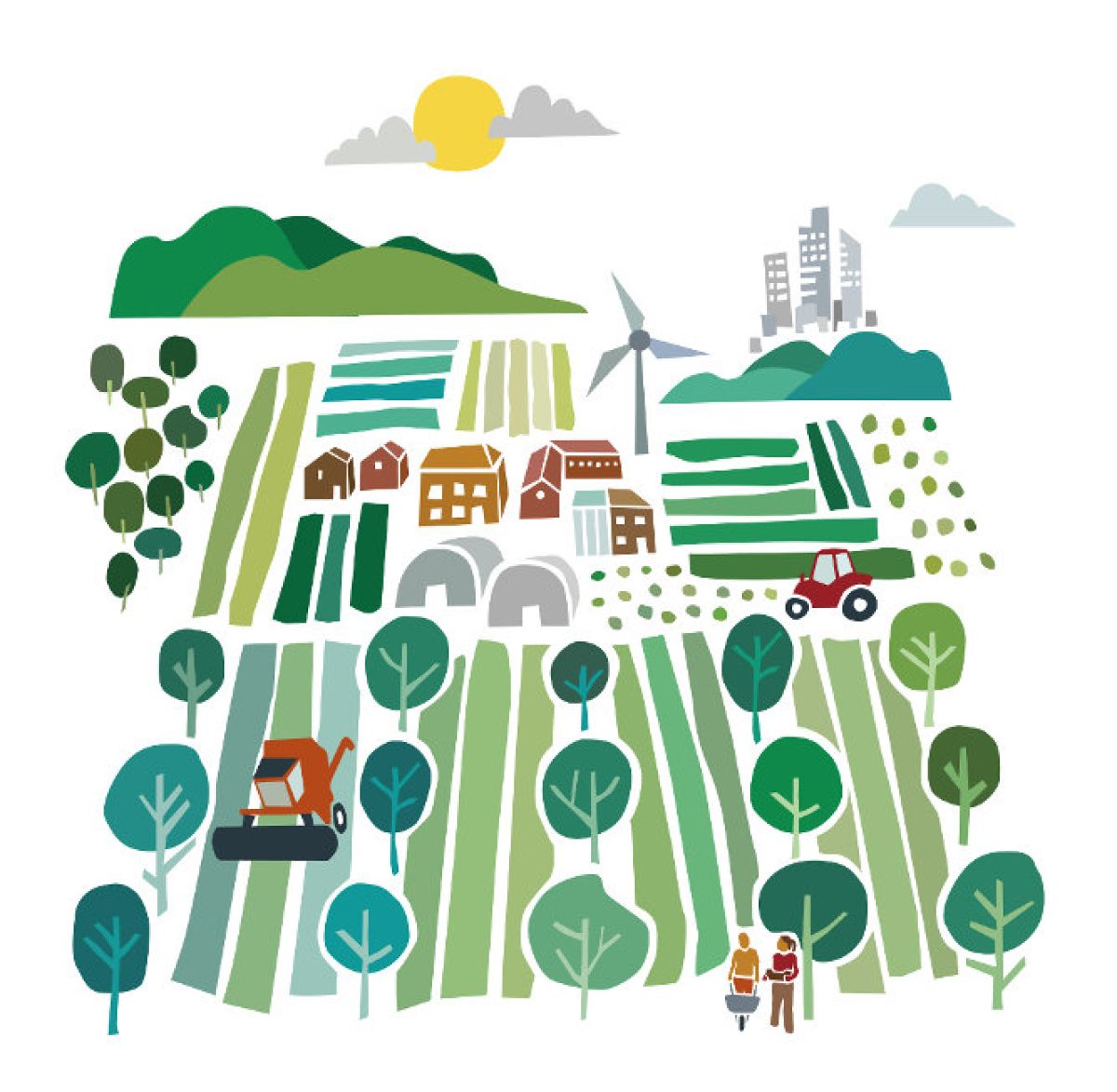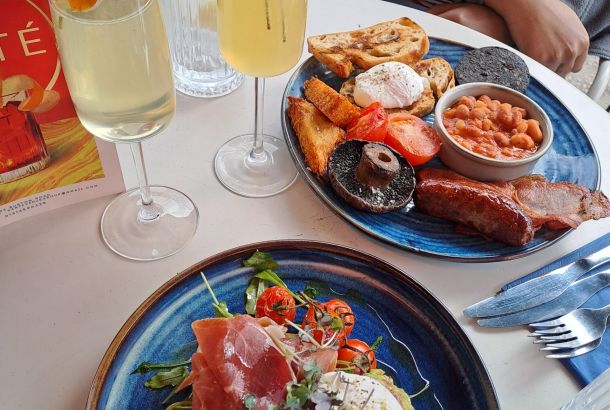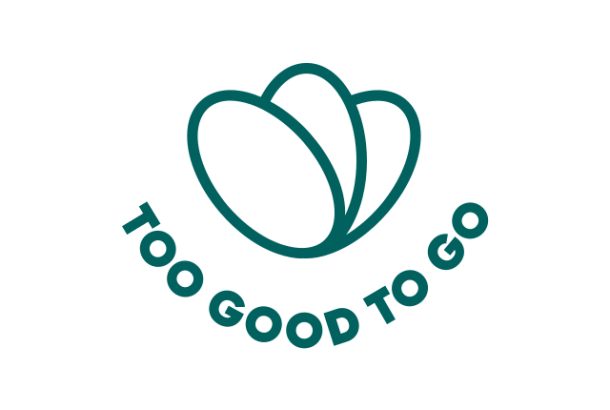A Fertile Future: In conversation with The Kindling Trust

The Kindling Trust was established in 2007 to interrogate the state of our entire food system. The mainstream agricultural practices we currently depend on are further fuelling issues of the climate crisis such as soil health degradation, the reduction of biodiversity, and increased economic inequality. With these tangled and pressing concerns in mind, the Trust seeks to create an alternative system, one that acknowledges the value of food and the rights of the land and labour force at each level of production. We spoke to Lizzy Haughton of The Kindling Trust to learn more about the growing projects taking place across Manchester.
A few students may be aware of Manchester Veg Box People, but many might not have heard of the Kindling trust; yet the two are pretty intertwined – could you give just an overview of the two organisations and how they interact/overlap?
The Kindling Trust and Manchester Veg Box People aren’t legally sister organisations, the Trust is a charity, while Veg Box is a co-operative, yet we work pretty closely. Fifteen years ago The Kindling Trust was set up to look at the entire food system, and how to create an alternative. Veg Box People is just one of the projects to come out of this.
It’s important to acknowledge the current barriers that keep people from accessing organic produce, and even the associations we have with the word ‘organic’. How do we work to remove organic produce from the realm of the middle classes, and keep it accessible for everyone?
The whole world of agriculture, or ‘better’ food, is still mostly middle class, mostly white, and it’s a definite problem. There’s no simple answer, but we are trying to tackle this principally, by sharing the message that organic is just normal food- food as it’s meant to be. Materially, it’s about making the veg boxes as achievable and affordable as possible. It’s such a huge aim – without wanting to misuse the term, we are trying to decolonise what we do, at all levels. At the same time, as with all charitable organisations, we do have to rely on the support of people that can afford it, to then do the work to help people in Manchester that can’t afford organic otherwise.
Manchester Veg Box People is the fastest growing veg box scheme in Manchester. Would you say this increase in interest has coincided with Greta/Extinction Rebellion pushing climate crisis to the foreground of people’s newspapers/minds? Or has it been a steady climb?
Interest was definitely growing, but COVID hit us badly either way. Partly this was a positive, there was a surge in people growing their own food. But as our collection points were closed, people had to go out and get their veg bags from points that were less convenient, and in lockdown that couldn’t continue. Before that, it was more steady. There is always competition, competing veg boxes, but we have some really dedicated customers, who share our ethics and values – looking holistically at the problem of the food system in general, and the values of the cooperative. We have seen a definite interest in other parts of the trust, there are more people volunteering than ever.
What volunteering projects are running at the moment? I understand Farmstart is more of a commitment for people wanting to become organic farmers?
Farmstart runs two days a week from January to November, with a day of learning at Woodbank, our main horticultural site in Stockport. Woodbank is our horticultural hub where most of the volunteering runs at the moment.
Our main project looking to the future is The Kindling farm, that will be an amalgamation of the last couple of decades’ work. We’ll be upscaling all of the different projects, upscaling from the 4 acres at Woodbank to a 100 acre site. Within this space, we’ll use the same growing techniques, offer the same training courses, community and social prescribing. The veg we grow will still go to Veg Box People, but we’ll also be able to start providing to big caterers, such as schools in Manchester. We’ve just ended our campaign to raise community shares, where we reached over £1 million. We’re still in the process of finding a farm, aiming for within 50 miles of Greater Manchester. We hope to have found a site by next year, and by 2023 to be growing, depending on the soil.
That will be amazing to know all of the produce will be grown so close to Manchester! How do you keep things as local as possible at the moment (when seeking produce for the veg boxes), and what do we even deem as ‘local’?
We aim to get everything from within about 50 miles of Manchester, that’s the guide. But it’s been difficult with Brexit and COVID; climate breakdown means that already farmers can’t always source us with enough. In the hungry gap (April/May, when the winter crops have been harvested and spring crops are only seedlings), we sometimes do have to go through wholesalers, and add a step in between. Generally we’re trying to keep the supply chain as short as possible, to make sure the farmers get fair pay and the food is fresher. It also helps reduce waste, as the farmers can grow according to what they know their crop can yield rather than us picking, choosing, and rejecting veg.
Manchester Veg Box People’s veg bags run as a weekly subscription, and can be collected from points across Manchester, including Lentils and Lather in Withington, and University Place on Oxford Road. The student bag, priced at £6, is the perfect base to build your meals around. It is great knowing a chunk of your produce is organic, in season, and comes from small scale growers throughout the Northwest.
The Woodbank Harvest Celebration will be taking place on the 24th of October at the Woodbank site in Stockport – come along to see what’s happening across the site, and to take part in workshops such a pickling and bird box building.
For more information click here.







